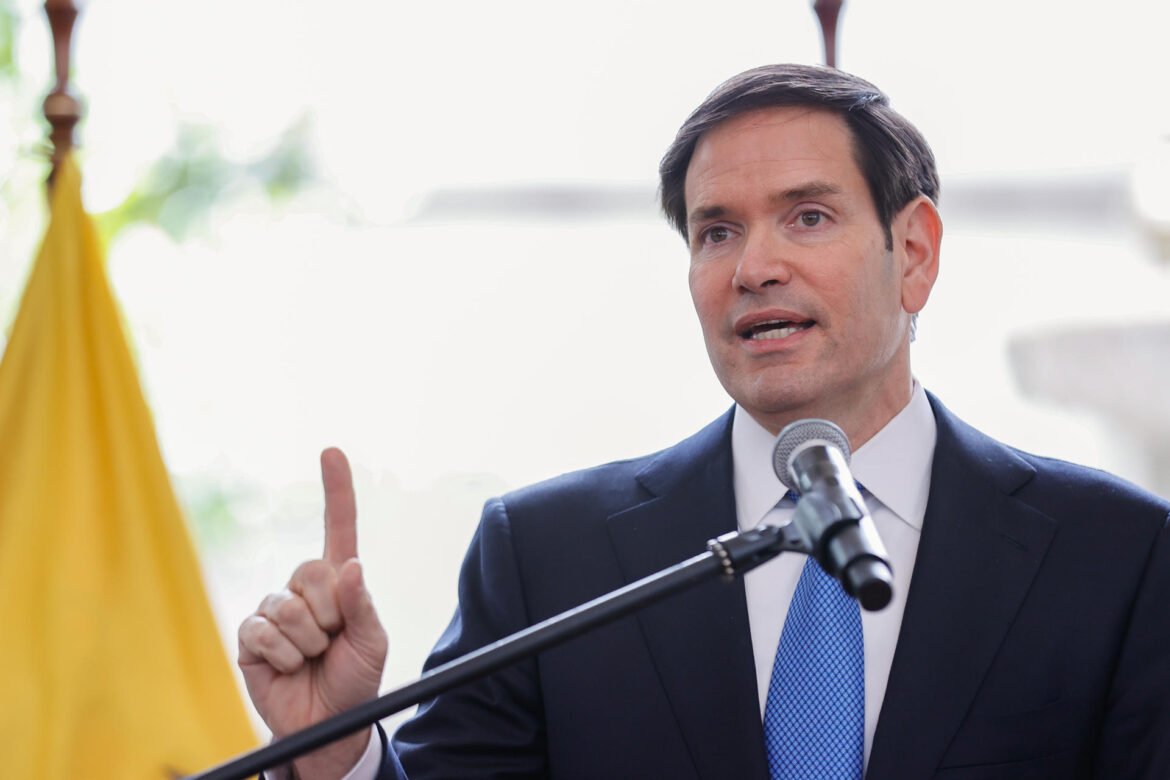United States Secretary of State Marco Rubio stated that American military forces have every right to act in their own hemisphere to combat drug trafficking.
The statements were made during a meeting of G7 foreign ministers, which ended this Wednesday (12) in the Canadian city of Niagara-on-the-Lake. The legality of US attacks on vessels in the Caribbean was not discussed at the meeting.
“Nobody discussed it with me. Nobody in the meeting discussed it, not with me. Maybe they discussed it among themselves, but it wasn’t addressed in any of the meetings we had, not last night, not today,” Rubio said.
Even so, the American secretary sent a harsh message to potential European allies seeking to interfere in the American military campaign. “I don’t think the European Union can determine what international law is. They certainly can’t determine how the United States defends its national security. The United States is being attacked by criminal terrorist organizations in our hemisphere, and the president (Donald Trump) is responding in defense of our country,” he said.
The Secretary of State also denied that the United Kingdom cut off the flow of information with the United States. “Nothing has changed that would impede the United States’ ability to act. We continue to maintain a very strong partnership with the United Kingdom,” he said.
Rubio highlighted the risks posed by drug trafficking in the region, which he described as an “industry that floods our country with heroin, cocaine and fentanyl.”
He also recalled that the Nicolás Maduro regime in Venezuela is considered a criminal organization by the United States and the Chavista dictator remains a wanted figure by the American judicial system.
“They don’t have a legitimate government; it’s a drug trafficking organization. The main problem is that the head of this illegitimate regime was indicted by the US judicial system. This is a concrete operation against drug trafficking,” Rubio highlighted.
The meeting included, in addition to the G7 representatives, the head of European diplomacy, Kaja Kallas, the Brazilian chancellor Mauro Vieira and the foreign ministers of Ukraine, Mexico, Australia, India, Saudi Arabia, South Korea and South Africa.

